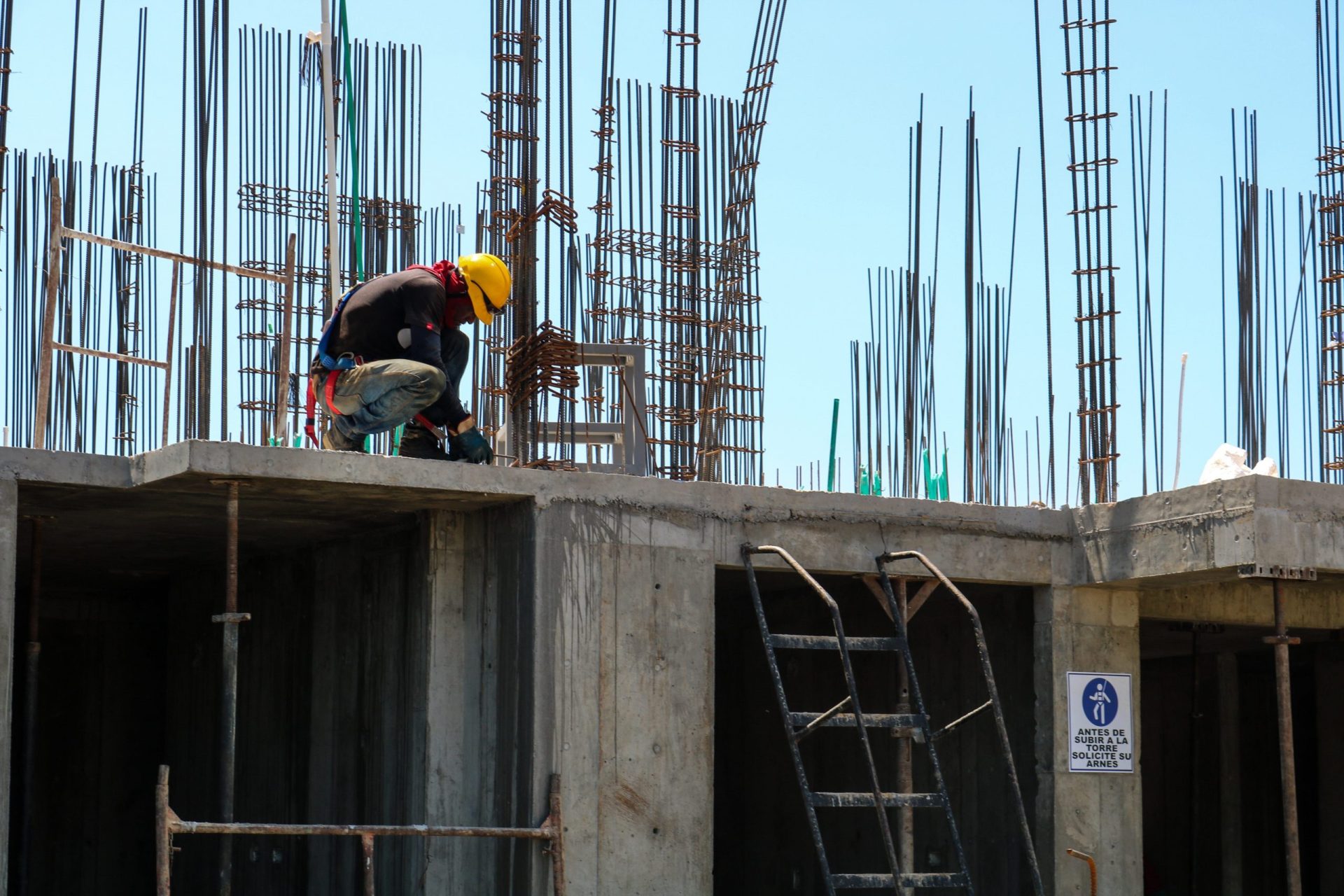Workers are prohibited to work outside between 10am and 3:30pm from June 1 and up until September 15 every year.
Qatar has taken legal action against 44 different companies for failing to comply with new legislation that bans outdoor work for certain hours during the summer, the ministry of labour said on Saturday.
The companies were caught during an intensive inspection campaign organised by the ministry to ensure companies adhere to necessary precautions set in place to protect workers from heat stress at open work sites during the summer period.
“The ministry monitored 44 violations during the period from 4-9 June, and legal measures were taken against the violating companies,” The Ministry of Administrative Development, Labor and Social Affairs (ADLSA) said in a statement.
Authorities revealed that the violating companies mainly work in the contracting sector (building maintenance), in Al Muntazah, Madinat Khalifa, Al Wakra and Al Wukair, Al Sailiya, Al Kharaitiyat, Al Rayyan Al Jadeed, Ain Khaled, Umm Salal Muhammad, Lusail, Al Dafna, Muraikh and Al Mashaf areas.
The ministry called on all companies in various sectors to adhere to set hours during the summer season for work performed under the sun or in open outdoor workplaces.
Any violations can be reported through the ministry’s hotline number, 16008, or by accessing the unified complaint platform.
Continuous violations
Despite the country’s strict laws to prevent heat stress in a bid to ensure safety is put first, several private companies have continued to violate the legislation.
Earlier this month, 54 companies were fined by authorities in Qatar for failing to comply with a law that bans outdoor work for during summer.
Read also: Qatar takes action against 54 companies for violating summer labour hours
The Ministry of Administrative Development, Labor and Social Affairs (ADLSA) announced it had carried out intensive inspections “with the purpose of ensuring that companies adhere to the necessary precautions to protect workers from heat stress in open work sites during the summer period.”
“54 companies that work in the contracting, building, maintenance, gardening, and decoration sectors have committed violations,” the ministry added, without providing further details of those violations.
This means around 98 companies have already faced penalties by authorities for violating the permissible working hours, not even half way through the first month of the summer hours prohibition period.
Updated summer hours
Per new legislation, staff are prohibited to work outside between 10am and 3:30pm starting from June 1 and up until September 15 every year.
This replaces earlier legislation issued in 2007 that set the prohibited outdoor summertime working hours from 11:30am to 3:00pm between June 15 until August 31.
The ministry called on all companies in various sectors to adhere to set hours during the summer season for work performed under the sun or in open outdoor workplaces.
In addition, the new resolution states that all work must stop if the wet-bulb globe temperature (WBGT) rises beyond 32.1 °C in a particular workplace, regardless of the time. The index takes into consideration the ambient temperature, humidity, solar radiation, and wind speed.
Read also: Qatar introduces new law to protect workers from summer heat
This means that workers will not be allowed to work during extremely hot weather, even if it falls outside the set prohibited summertime hours.
Workers must also be provided with personal protective equipment suitable for hot weather, including light, loose-fitting clothing, and receive annual free medical examinations to diagnose and manage chronic diseases that may contribute to the risk of heat stress.
In recent years, the government has been heavily engaged in implementing new laws and regulations to ensure workers’ safety ahead of the 2022 FIFA World Cup.
As part of the major labour reform agenda, Qatar has drastically enhanced monitoring across the board to detect violations, enacting swifter penalties and further strengthening the capacity of labour inspectors, according to an announcement made by the Government Communications Office (GCO).
These labour reforms include the introduction of a non-discriminatory minimum wage and the dismantling of the controversial “kafala” or sponsorship system.
Follow Doha News on Twitter, Instagram, Facebook and Youtube







